Estate Planning FAQs for California families
Frequently Asked Questions
What documents are included in a typical estate plan?
Compare Wills & TrustsMost California plans include a will, a revocable living trust (for many homeowners), a durable financial power of attorney, an advance health care directive, and a HIPAA release. Together, they decide who handles finances and health decisions if you can’t, and how your property passes to loved ones.
Do I need a trust or is a will enough?
Avoid ProbateIf you own a home in Los Angeles County or want privacy and faster settlement, a trust is often recommended to avoid the probate process. A will still matters for naming guardians and catching unfunded assets, but a properly funded trust usually keeps your family out of court.
How often should I review or update my plan?
Update My PlanReview every 3–5 years or after big changes—marriage, divorce, a new child, buying or selling property, moving to or from Woodland Hills, or major law shifts like Prop 19 planning or federal tax updates. Regular check-ins keep your plan aligned with real life.
What happens if I die without a will in California?
State intestacy laws decide who inherits, and a judge chooses guardians for minor children. Your family may face court delays and extra costs, especially if assets aren’t held in a trust. A basic plan prevents confusion and reduces conflict when emotions are high.
Can I DIY my estate plan or use online forms?
Templates can miss California-specific rules, lead to invalid signing, and fail to fund your trust—problems that often surface only during a crisis. Working with The Estate Planning & Elder Law Firm means documents match your goals and local requirements from the start.
How much does estate planning cost?
It depends on complexity—single vs. married, minor children, business interests, multiple properties, or advanced tax needs. Our firm offers clear, upfront pricing and flat-fee options whenever possible, so there are no surprises.
What is probate and can it be avoided?
Start A TrustProbate is a court process to transfer assets if they’re in your name alone at death. A funded trust typically avoids it, keeps details private, and speeds up distribution for families in the West Valley and beyond.
Who should be my executor or trustee?
Choose someone organized, trustworthy, and willing to follow instructions—often a spouse, adult child, or close friend. For complex estates, consider a professional or co-trustee for continuity and experience.
Have other questions?
If your question isn’t listed here, we’re happy to help. Our Woodland Hills office serves families across Calabasas, Tarzana, Encino, and the greater Los Angeles area with practical, plain-English guidance.


